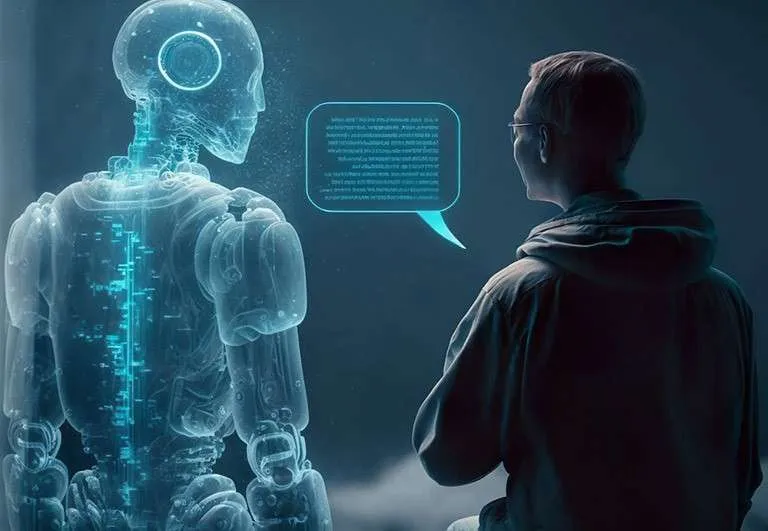Introduction to AI Careers as Cognitive Orchestrators
As healthcare shifts toward digital solutions, the burgeoning field of Artificial Intelligence (AI) presents exciting career opportunities for mental health and substance abuse counselors. A seamless career transition to an AI career as a ‘Cognitive Orchestrator’ may be intellectually stimulating and financially rewarding. Building on insights about crossing over from behavioral care to the world of technology from Maheu, Drude, & Wright’s seminal work, “Career Paths in Telemental Health” (2017), this article explores the synergies between behavioral health training and experience and this emergent AI career.
Why Consider an AI Career in the Upcoming “Fifth Industrial Revolution”?
As we enter what some theorists call the “Fifth Industrial Revolution,” behavioral health professionals can become pivotal figures in shaping human-centric technologies. The notion of a Fifth Industrial Revolution is gaining increasing traction as the natural progression in the unfolding narrative of human technological advancement. Building on the Fourth Industrial Revolution—which heralded the seamless integration of physical, digital, and biological systems—the Fifth Industrial Revolution aims to humanize technology.
This next epoch promises to prioritize well-being, inclusivity, and sustainability, restoring a sense of shared humanity and ethical responsibility to our interactions with artificial intelligence and other advanced technologies. In this new era, roles like the Cognitive Orchestrator become invaluable. They stand at the intersection of technology and human psychology, serving as stewards of a more conscious, ethical deployment of AI. This role marries the technological sophistication demanded by AI systems with the humane sensibilities that will be central to the Fifth Industrial Revolution, making it a pivotal profession in shaping a future where technology serves to amplify the best aspects of human existence.
What is the Fifth Industrial Revolution?
The term “Fifth Industrial Revolution” is often attributed to Klaus Schwab, founder and executive chairman of the World Economic Forum, although various thought leaders have contributed to its evolving definition.
Schwab initially introduced the idea in the context of the Fourth Industrial Revolution, emphasizing the importance of moving beyond mere technological integration to human-centric models of development (Schwab, K., 2016, “The Fourth Industrial Revolution”). In this new phase, the Fifth Industrial Revolution aims to refocus our engagement with technology toward global well-being, ecological sustainability, and social inclusivity.
What Does the Fifth Industrial Revolution Signal for Healthcare?
This new era signifies a profound shift in the healthcare and telehealth sectors. It invites a reimagining of how we integrate technological advancements like artificial intelligence, machine learning, and big data analytics with the more humane aspects of healthcare delivery. Telehealth, for instance, could move beyond providing mere access to enhancing the quality of care through personalized, AI-driven diagnostics and treatment plans while adhering to ethical and inclusive guidelines.
The concept of an AI career as a Cognitive Orchestrator becomes critical here, as professionals in this role could serve as the ethical and psychological touchpoints in these advanced systems. They would ensure that while healthcare becomes increasingly digitized, it remains aligned with the ethical imperatives of human well-being and inclusivity, foundational pillars of the Fifth Industrial Revolution.
The Role of ‘Cognitive Orchestrator’
Cognitive


